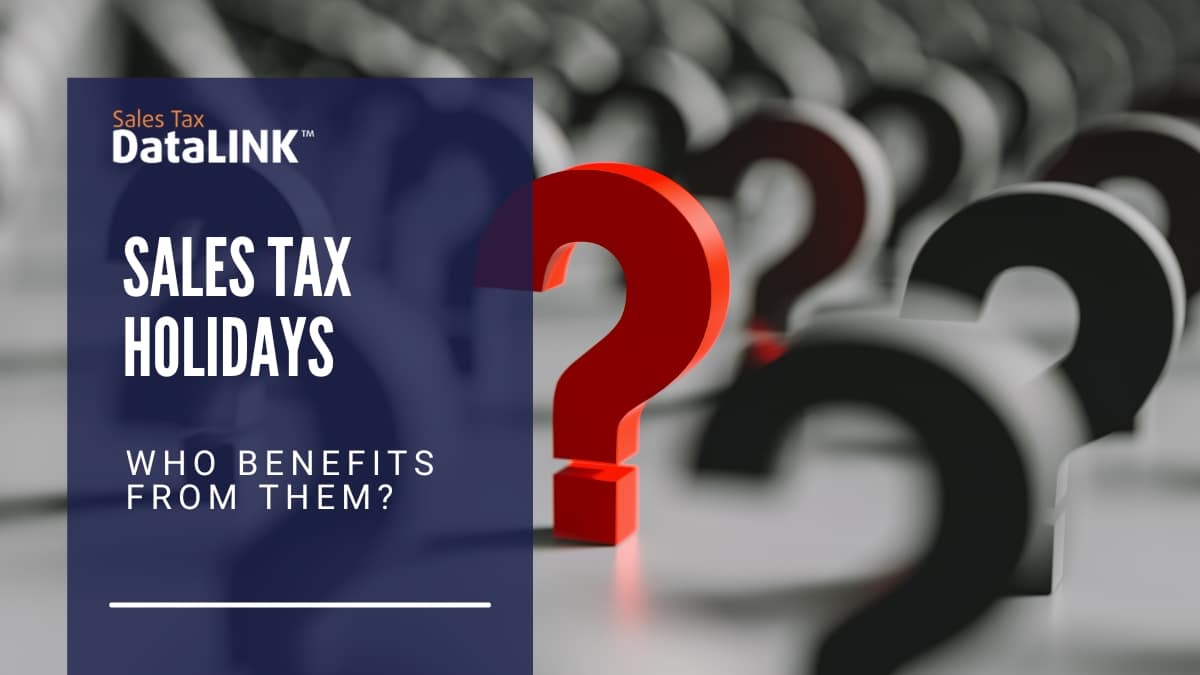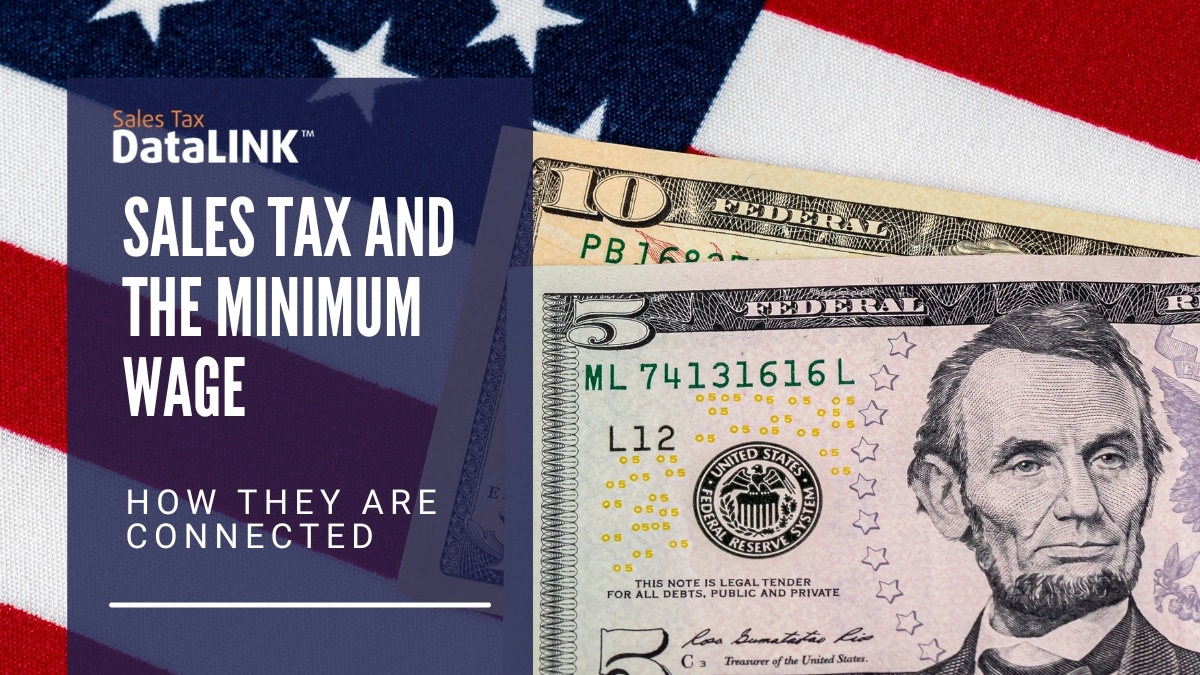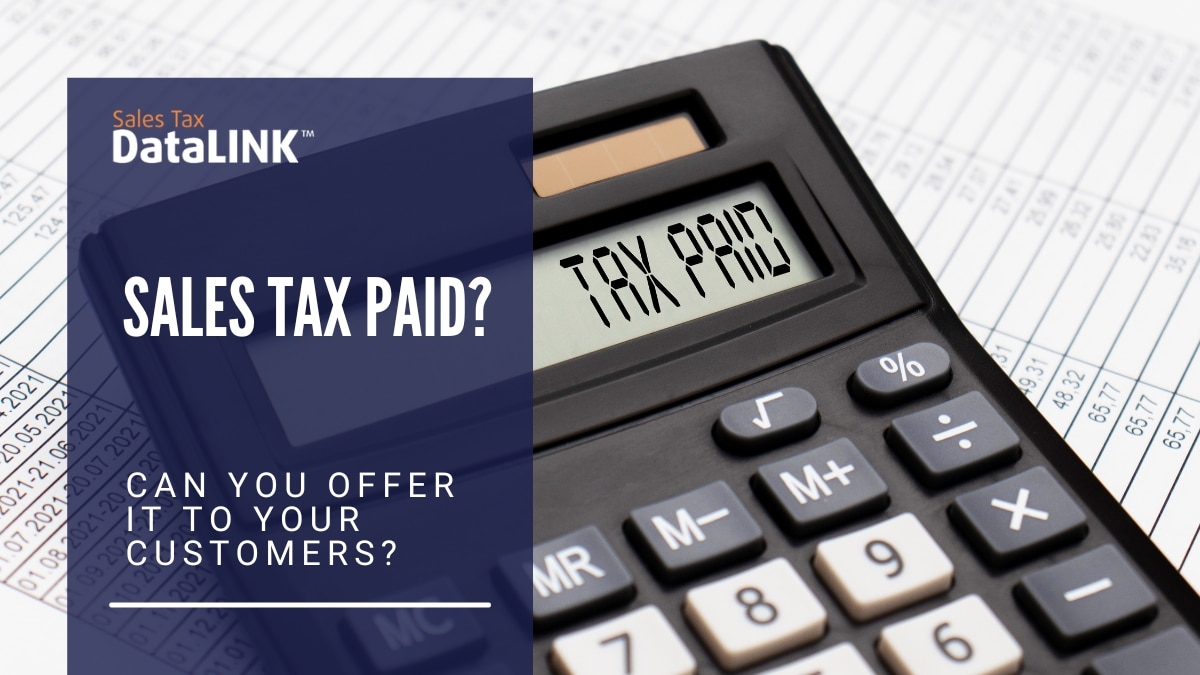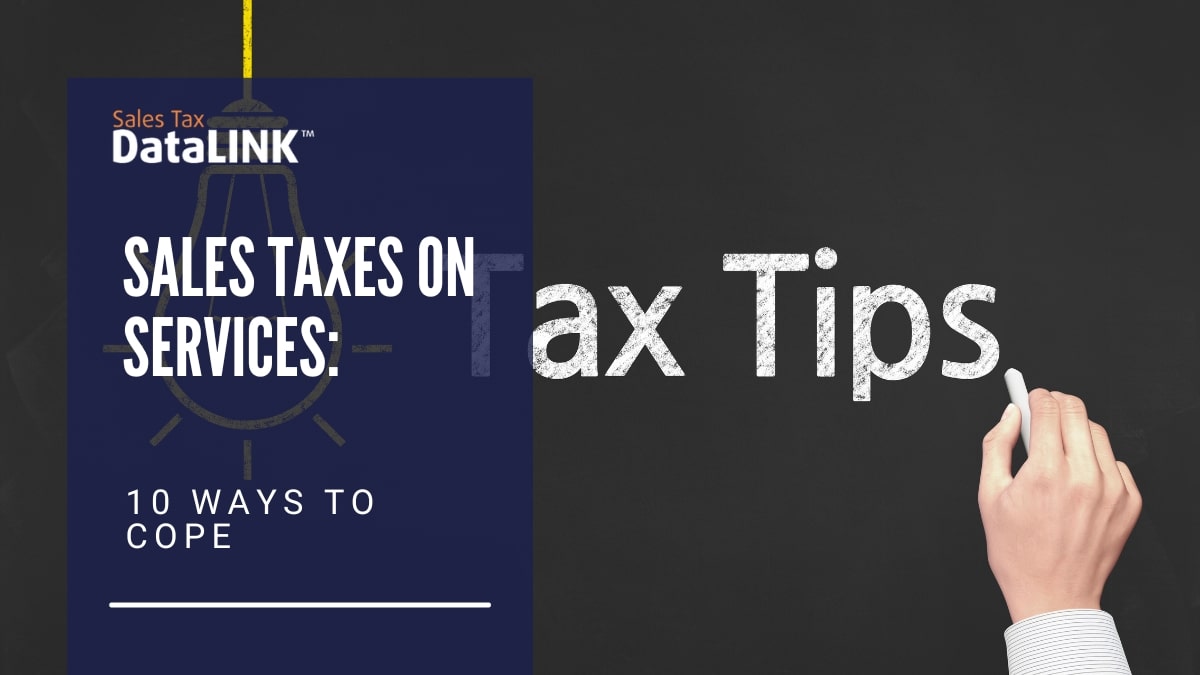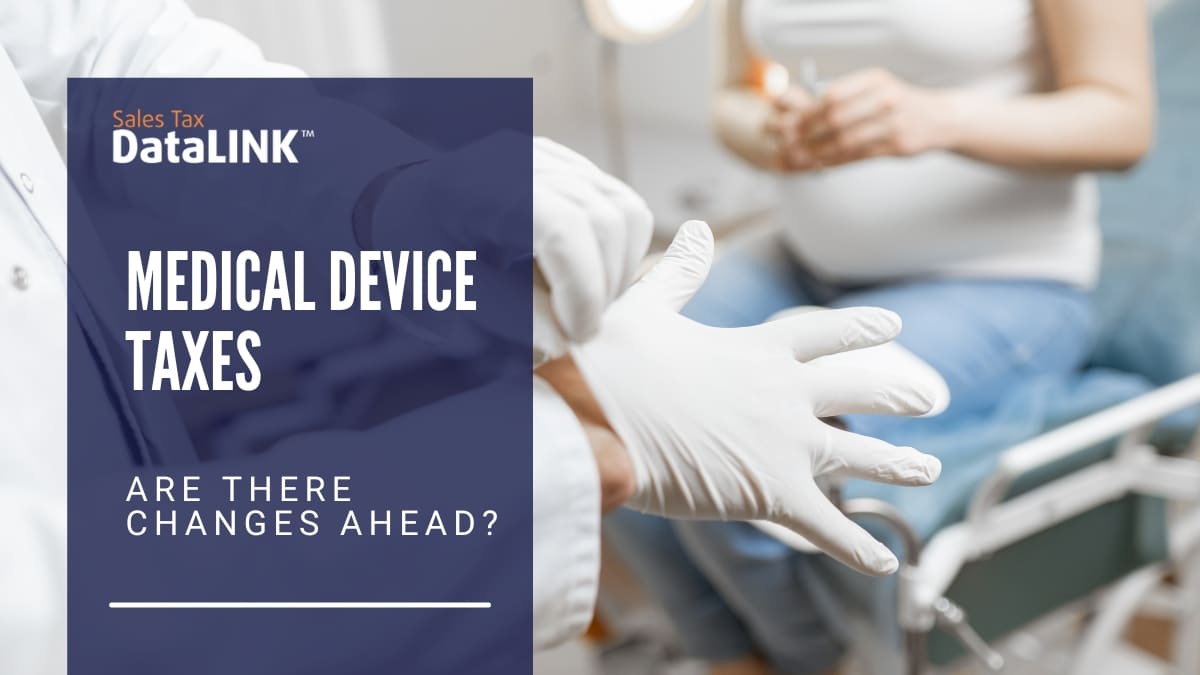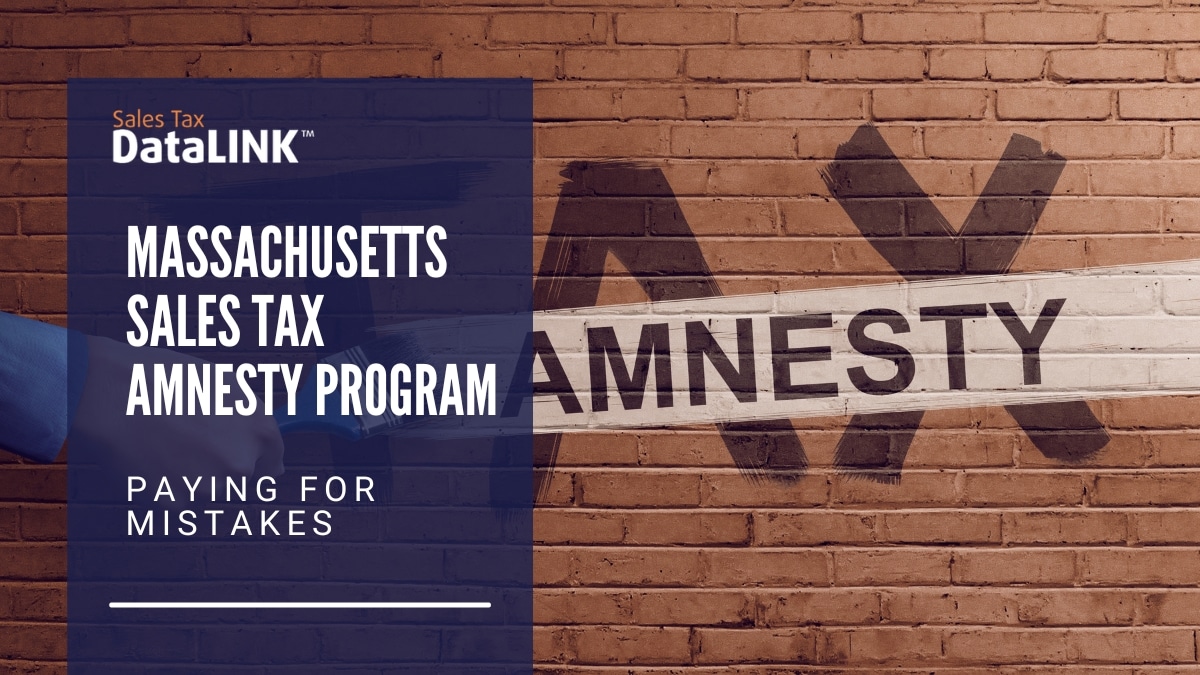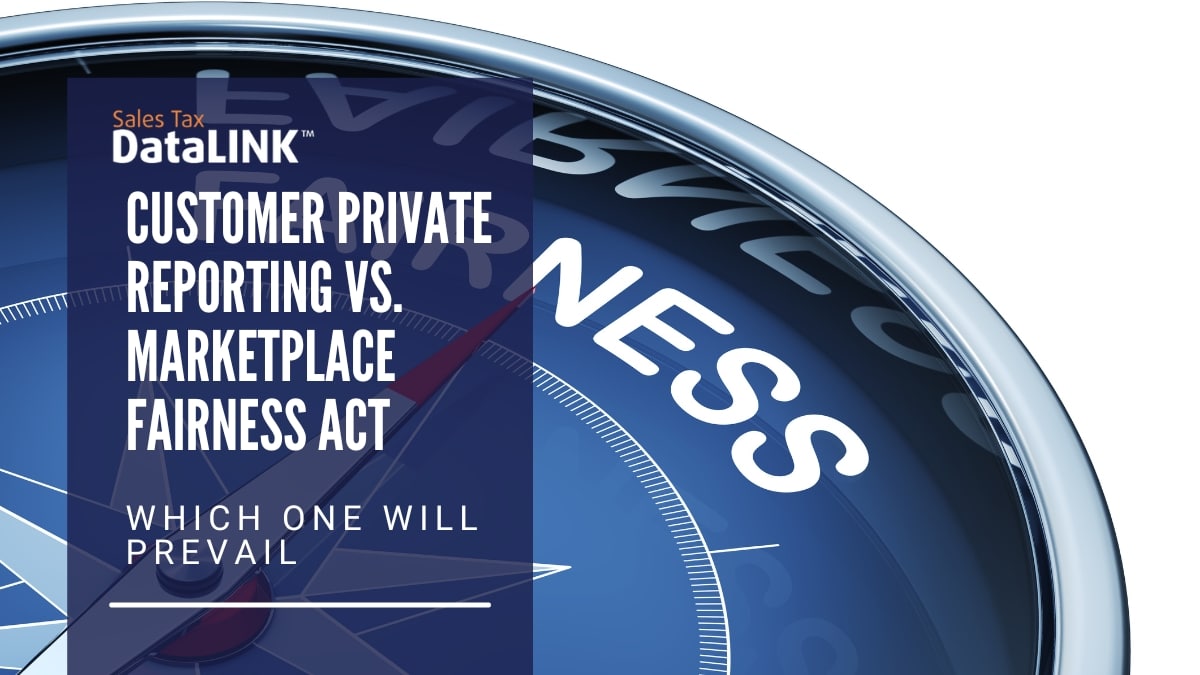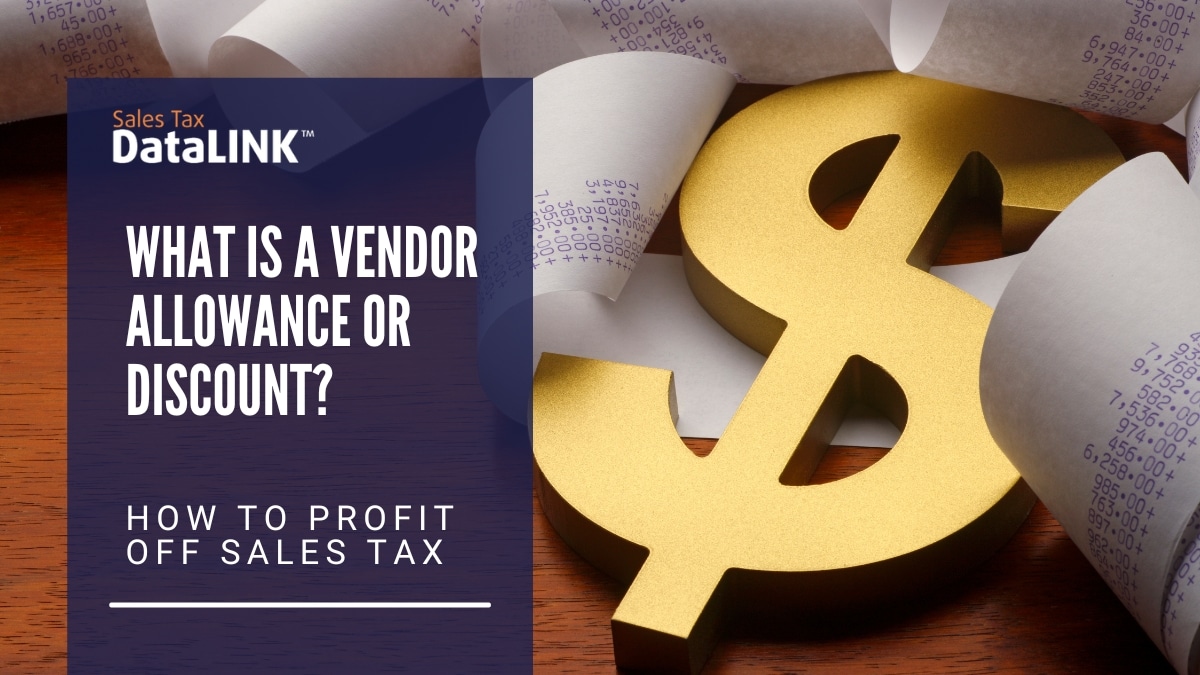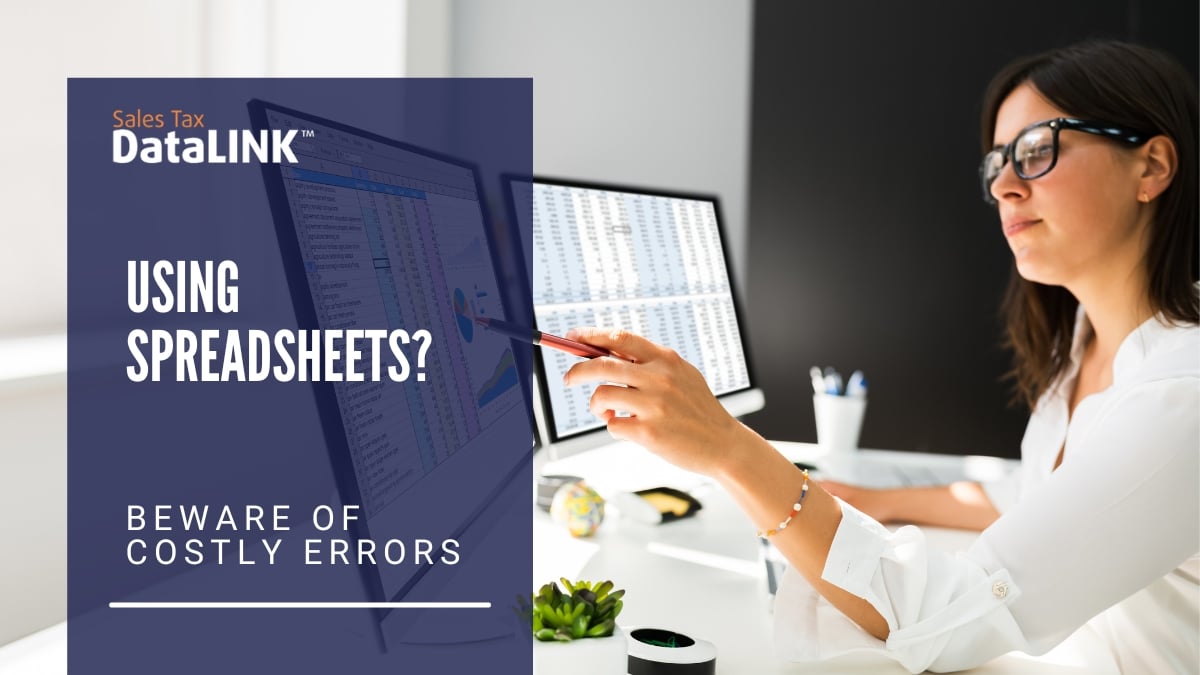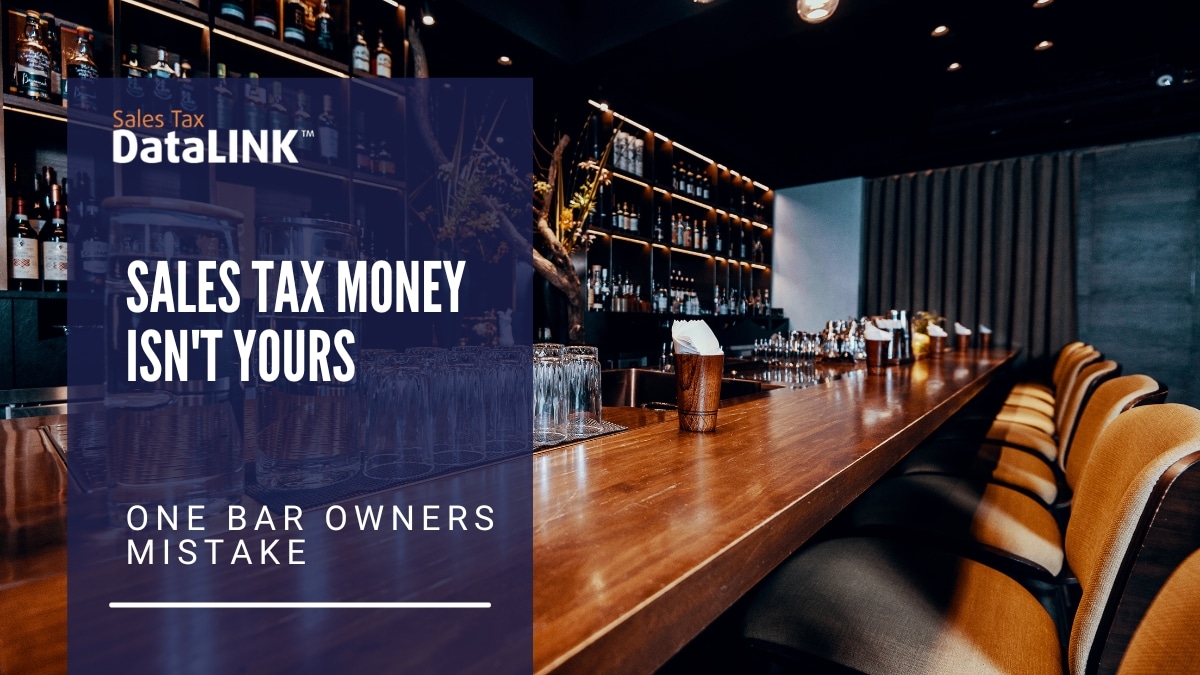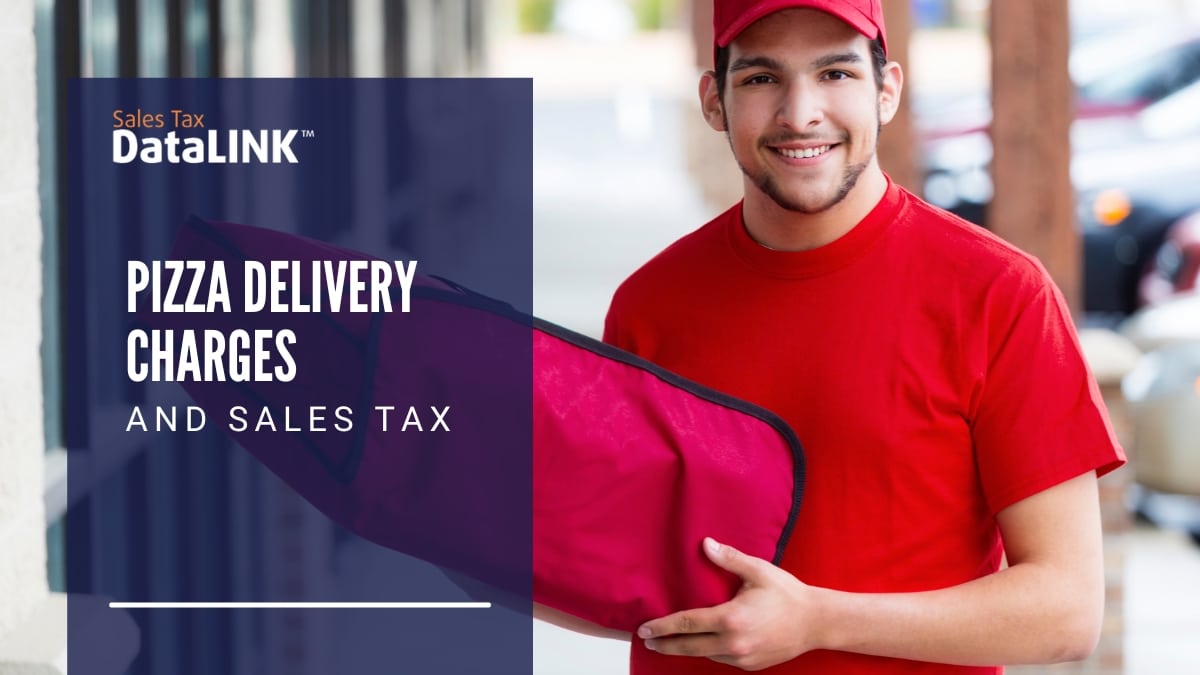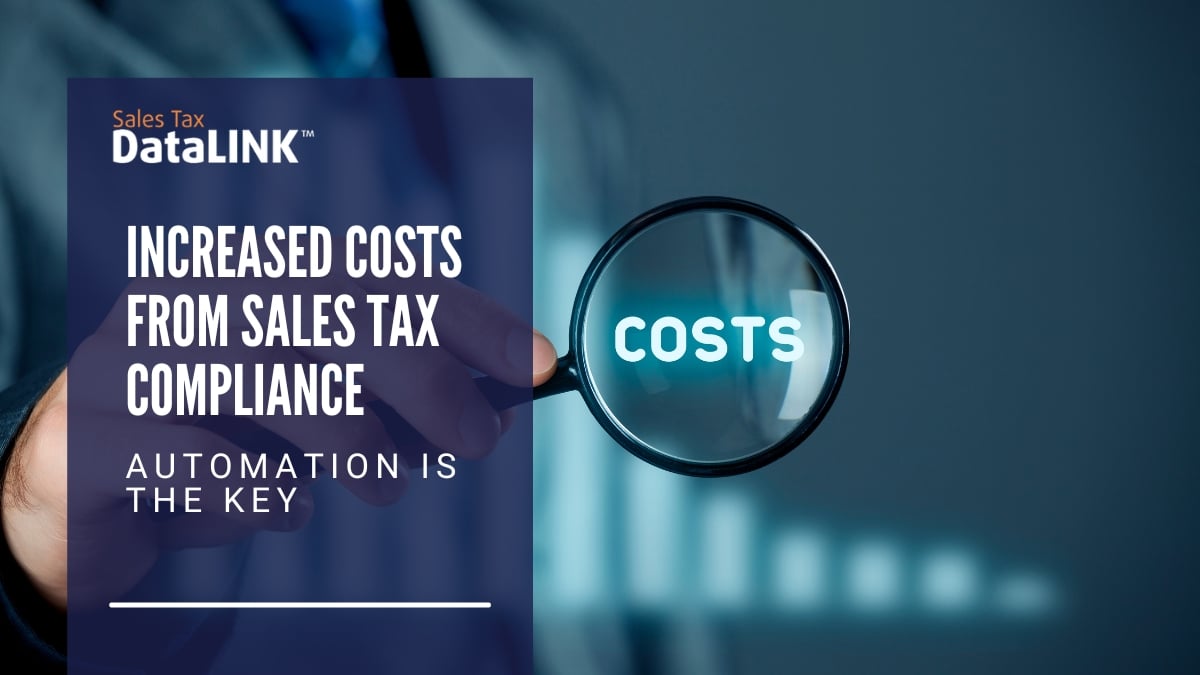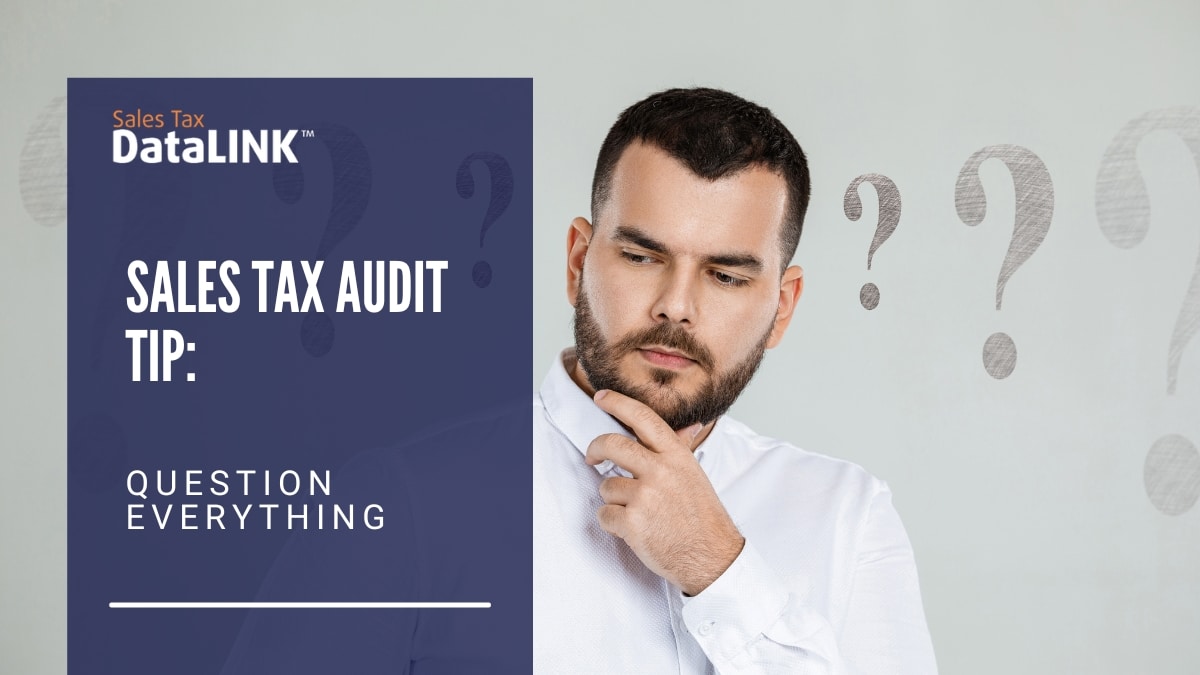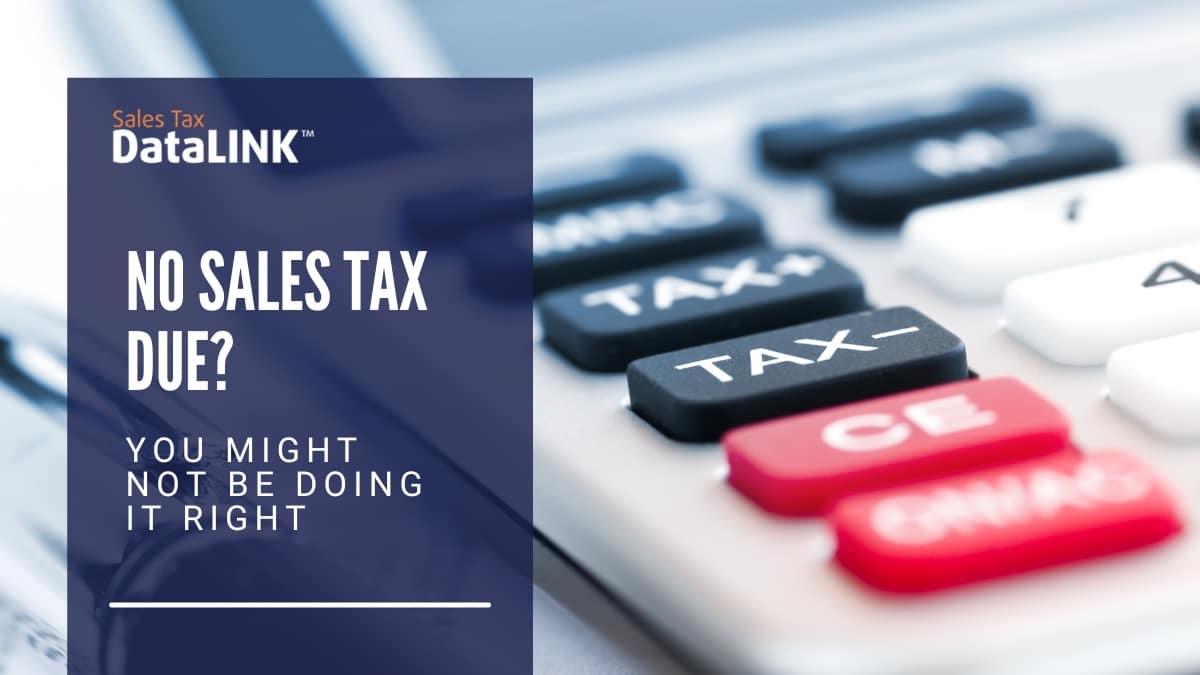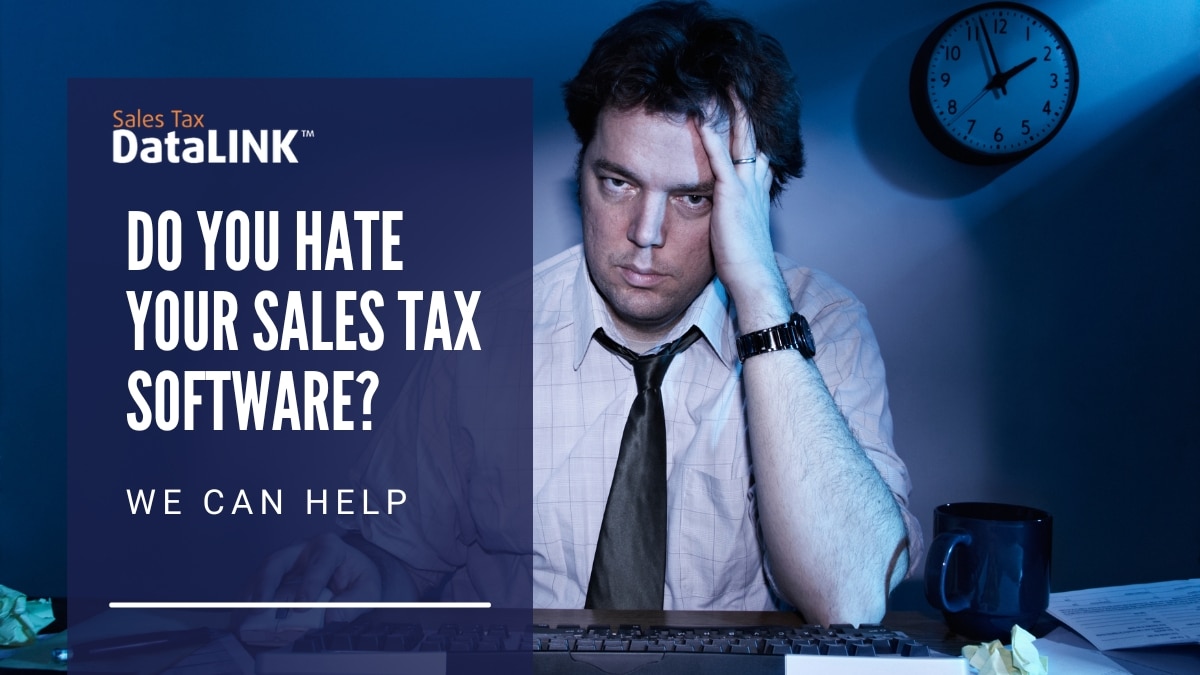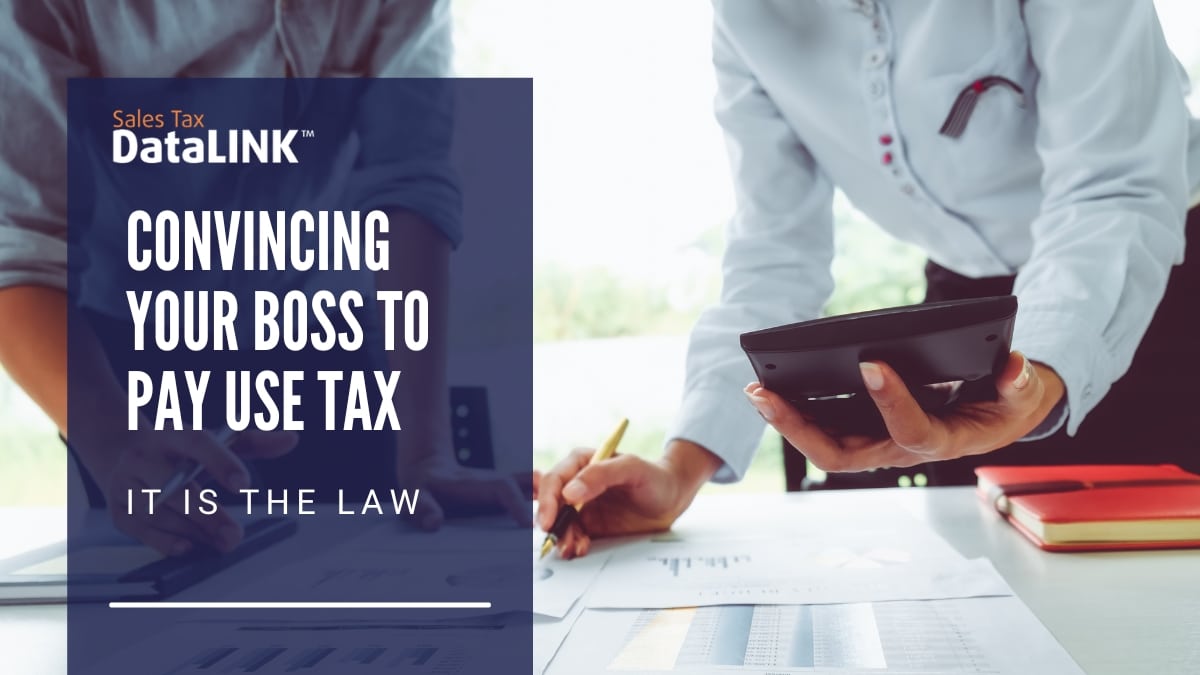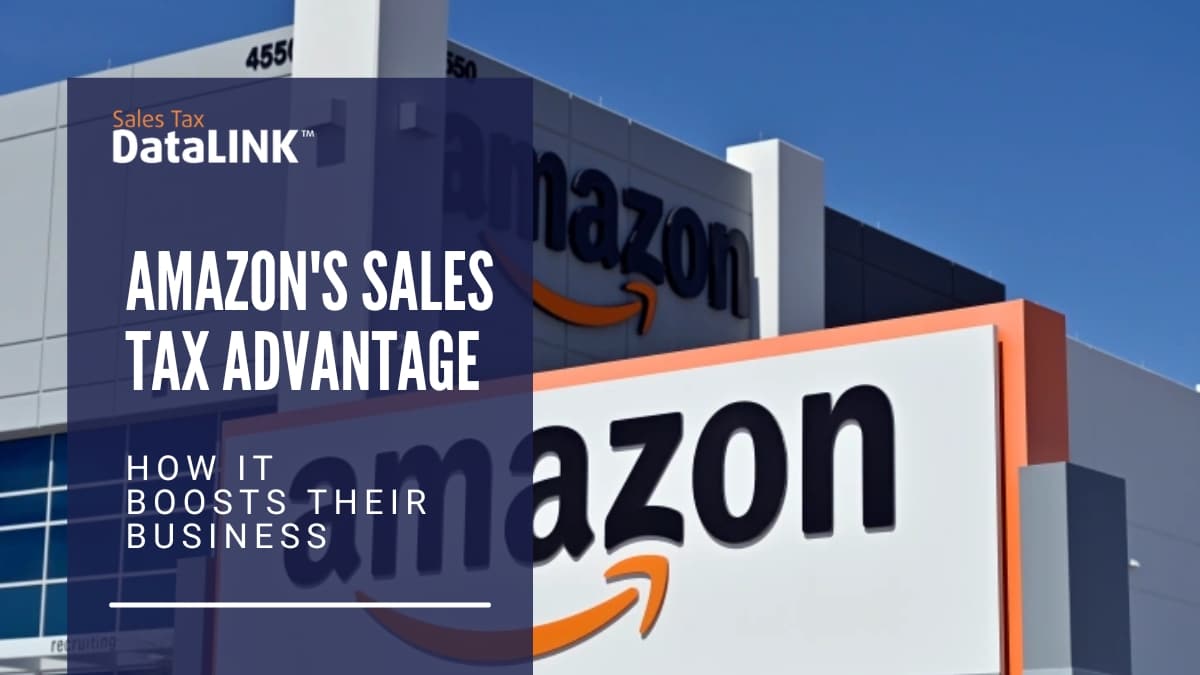Sales tax holidays are often perceived as beneficial for consumers and merchants, promising savings and increased sales. However, studies show that the actual impact of sales tax holidays is limited.
The discussion of raising the minimum wage has sparked a connection with sales taxes in many states. While the effects of a minimum wage increase are uncertain, there are several factors to consider. Employers may choose to handle the increase by accepting lower profits, hiring fewer workers, or passing the cost on to consumers.
The ability to offer "Sales Tax Paid" deals to customers depends on the state you're in. While some states allow retailers to advertise that they pay the sales tax, others have strict regulations against it. The practice of absorbing the sales tax for the customer can be seen as a competitive advantage or a way to sweeten high-ticket item deals.
The trend of implementing sales taxes on services is growing, and businesses need to find ways to cope with the resulting challenges. By proactively preparing for the potential impact of sales taxes on services, companies can position themselves better and adapt more effectively to this evolving landscape.
Medical device taxes have been a topic of discussion, and changes may be on the horizon. While an excise tax on medical devices exists separately from sales tax, understanding the connection between the two is crucial.
Massachusetts has approved a tax amnesty program, including sales and use tax, which grants businesses the opportunity to rectify errors and mistakes without facing severe fines and audits. If Governor Duval Patrick signs off on the bill, a two-month amnesty period will be initiated next year.
The Marketplace Fairness Act, also known as MFA, was a legislation that aimed to address the collection of sales taxes by e-commerce merchants. It sought to level the playing field between online sellers and brick-and-mortar stores.
A vendor allowance or discount is a strategy used by businesses to offset the costs of administering sales tax and potentially make profits. It involves keeping a portion of sales tax receipts, usually deposited in an interest-earning bank account.
It is alarming to discover that nearly 90% of spreadsheets contain errors, according to researchers. Despite having confidence in one's Excel skills, it is crucial to acknowledge the likelihood of errors in spreadsheets, especially when it comes to sales tax compliance.
The recent news story of a bar owner being arrested for unpaid sales tax serves as a reminder that sales tax money doesn't belong to businesses—it is the property of state and local entities. As business owners, we are stewards of this money, responsible for ensuring its proper collection and remittance.
A class action lawsuit filed against Papa John's Pizza highlights the issue of sales tax on delivery charges. The lead plaintiff claims to have been charged sales tax on a non-taxable delivery service, seeking a refund. The lawsuit argues that sales tax should only apply to the total sales price of taxable tangible property.
Allina, a healthcare facility in Minnesota, faced a substantial sales tax bill due to overlooking the sales tax implications of their pre-tax compensation reduction for employee parking. While Allina argued that employees were not technically paying for parking, the court ruled that sales tax should have been charged.
Business leaders are concerned about the potential increased costs from sales tax compliance, especially with the possibility of a national sales tax law. Joe Albanese of AmeriMark predicts significant expenses for his company, estimating over $500,000 for compliance and filing new returns.
Sales tax can be complex when it comes to prepared foods, with taxability depending on various factors such as ingredients and consumption location. The application of sales tax laws may not always seem logical, as exemplified by the case of non-taxable bagels that are not sliced in certain states.
When facing a sales tax audit, it's crucial to question everything and take a proactive approach. Auditors may not possess the same level of industry-specific knowledge as you do, and they can make mistakes.
Some businesses mistakenly file no-sales-tax-due returns when they have no taxable sales for a particular month. However, it's important to note that in most states, filing a return is still required even if no payments are being remitted. By neglecting sales tax when there's a zero balance due, businesses might be missing out on potential refunds for overages.
Recent studies, including one conducted in Ohio, have shown that sales tax has a significant impact on shopping habits, and Japan's experience with a sales tax increase further supports this notion. Japan implemented a planned sales tax climb in April, which resulted in a remarkable surge in retail sales in March, the highest in 17 years.
If you find yourself despising the task of sales tax return preparation, it's crucial to consider whether it's your sales tax software that's the root of the problem, not the process itself.
When it comes to convincing your boss to pay use tax, it can be a challenging task, especially if they view it as an unnecessary expense. However, as a sales tax practitioner, you understand the importance of compliance with use tax regulations.
Amazon's sales tax advantage has been confirmed through research, highlighting the significant impact it has on online merchants and brick-and-mortar stores. A study conducted by the National Bureau of Economic Research revealed that households reduced their spending on Amazon by approximately 10% when the company started collecting sales tax in certain states.
BlogEdwin Flores2023-11-03T08:37:15-05:00
